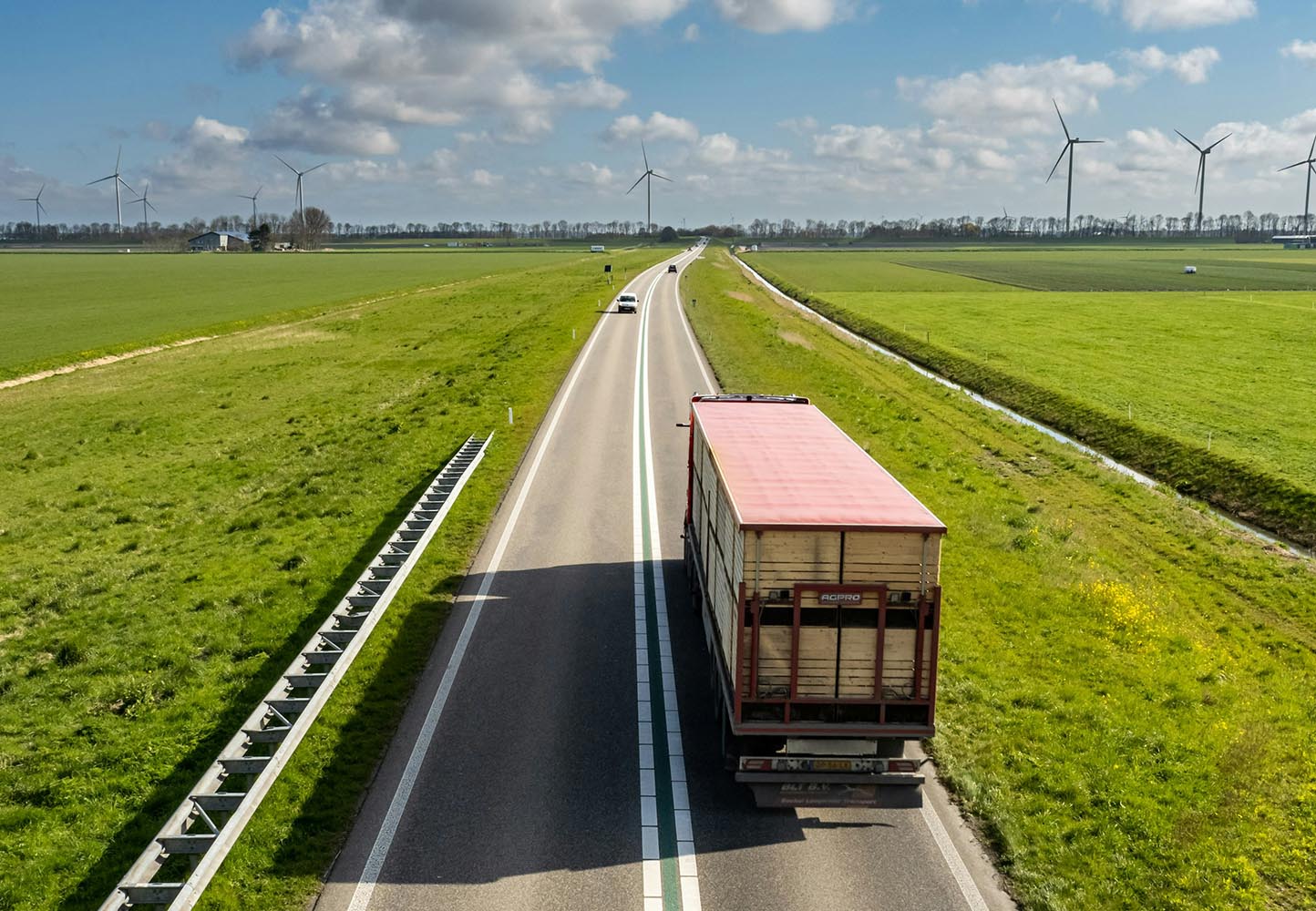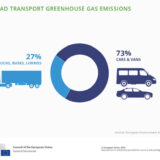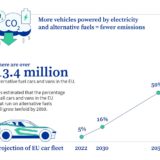
EU sets stricter CO2 emissions targets for heavy-duty vehicles
The European Parliament has approved new regulations to significantly lower CO2 emissions from heavy-duty vehicles, including trucks, buses, and trailers. This decision marks a major step towards phasing out new diesel trucks, which accounted for 95.7% of truck sales last year in the EU.
The measures, which were previously agreed upon with the European Council, aim to align the transportation sector with the EU’s climate goals and enhance air quality across the continent.
The new regulation mandates a 45% reduction in CO2 emissions for large trucks and buses between 2030 and 2034 compared to 2019 levels, a 65% reduction between 2035 and 2039, and a 90% reduction starting in 2040.
In a push for cleaner urban transport, new city buses will be required to cut emissions by 90% by 2030 and transition to zero-emission vehicles by 2035. The legislation also sets reduction targets for trailers and semi-trailers, with a 7.5% and 10% decrease, respectively, starting from 2030.
The legislation received a vote of 341 in favor, 268 against, and 14 abstentions.
Rapporteur Bas Eickhout (Greens/EFA, NL) emphasised the significance of the transition towards zero-emission trucks and buses, stating, “The transition towards zero-emission trucks and buses is not only key to meeting our climate targets, but also a crucial driver for cleaner air in our cities. We are providing clarity for one of the major manufacturing industries in Europe and a strong incentive to invest in electrification and hydrogen.”
The European Council is yet to formally approve the agreement before it becomes enforceable.
The new rules are a critical component of the EU’s broader strategy to achieve climate neutrality by 2050 and reduce dependence on imported fossil fuels.
Environmental advocates have welcomed the law, seeing it as a transformative shift for the trucking industry. The heavy-duty vehicle sector accounts for slightly more than one-fourth of the greenhouse gas (GHG) emissions produced by road transport and contributes to approximately 6% of the European Union’s overall GHG emissions.
In the European Union, trucks are responsible for transporting 77% of all goods over land, playing a vital role in a logistics chain that encompasses inland waterways, maritime shipping, air, and rail transport, according to ACEA, the European Automobile Manufacturers’ Association which represents Europe’s 15 major car, truck, van and bus makers.
CEOs from Europe’s leading truck and bus manufacturers have issued a manifesto to accelerate the shift towards zero-emission vehicles. The manifesto points out that the lack of public charging infrastructure for trucks and buses is a significant hurdle. To meet the 2030 CO2-reduction target of 45%, Europe needs to establish at least 50,000 publicly accessible chargers and 700 hydrogen refilling stations.
Furthermore, the manifesto calls for more robust carbon pricing and incentive schemes to make zero-emission vehicles more financially viable compared to their traditional diesel counterparts.













